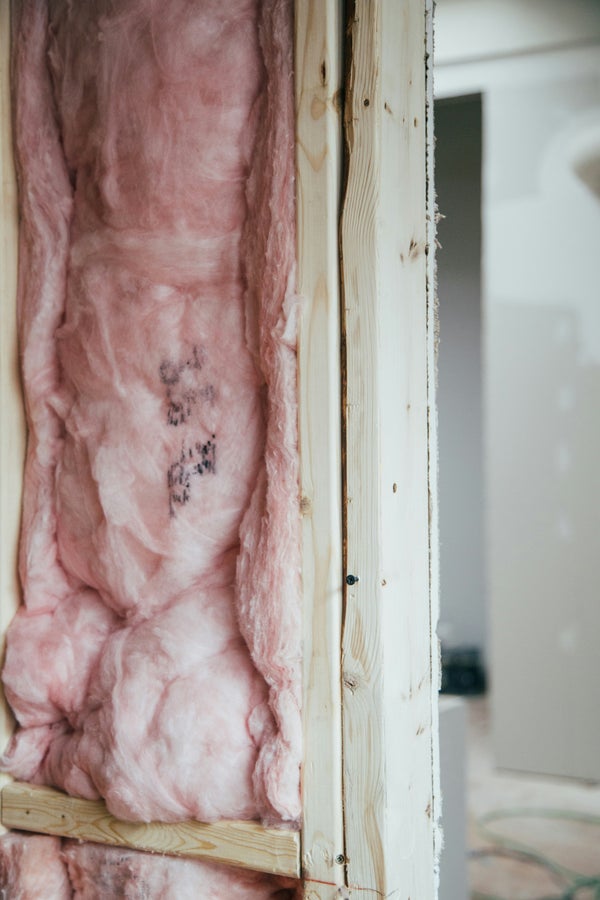
For many Canadians, a cottage is a summer vacation property and not a place you stay during winter. Though summer cottages are a solid and sound investment, winter cottages shouldn't be overlooked.
Canada is known for its beauty in winter, and winter properties in popular locations such as Muskoka or Banff can capitalize on both the scenery of the area and recreational activities. Whether you'd like to stay in a winterized cottage yourself or rent it out, the investment potential is there.
What Is a Winterized Cottage?
Unlike a summer cottage, a winterized cottage is built to handle winter. This includes a heating system, proper insulation, and sealed windows and doors. Winterized cottages may also be referred to as "4-season" cottages, since they are built to handle each season.
Why Invest in a Winter Cottage?
 Personal Enjoyment
Personal Enjoyment
If you're a fan of winter recreational activities, then owning a winter cottage may make a lot of sense for you. You can go snowshoeing, skiing/snowboarding, snowmobiling, etc. Because of the rural nature of cottage properties, you'll likely have plenty of space around for winter fun. Rental Potential
If you don't plan on staying in your cottage during the winter months, there is potential for rental income, especially in popular locations. If your cottage is located near local tourist spots such as a ski resort, popular restaurants, or skating locations, then you may find plenty of success renting it out.Appreciation Potential
Cottages continue to be sought-after properties all across Canada. If your cottage is located in a nice location that can be enjoyed year-round, then it's likely you'd have willing buyers in every market.Check out our article on explaining why Canadian recreational property prices are expected to keep rising.
Winterizing Your Cottage
If your cottage isn't already four-seasons, it can be winterized to make it livable during the cold winter months.Install a heat source: It's important that you have a professional come in and determine what heat source would best suit your cottage, as not all heat sources will be equal. You'll also have to find out how it could affect your insurance, as certain heat sources (a wood stove, for example) will impact your coverage or insurance eligibility.
 Insulate properly: Insulation is the key to keeping your cottage warm during winter! You'll need to properly insulate your attic, walls, pipes, as well as a vapor barrier to prevent moisture from building up and causing mold.
Insulate properly: Insulation is the key to keeping your cottage warm during winter! You'll need to properly insulate your attic, walls, pipes, as well as a vapor barrier to prevent moisture from building up and causing mold. You'll also want to check your doors and windows to ensure they're sealed properly. Use weatherstripping and caulking to prevent heat loss and moisture infiltration.
Winterize utilities: Have licensed plumber and electrician inspect your utilities to make sure they're ready for four-season living. If you're used to only spending a certain amount of time at the cottage, some utilities may need to be upgraded in order to handle the increased demand.
A winter cottage is more demanding to upkeep and maintain, but the investment potential combined with the benefits of personal enjoyment can make owning a winter cottage an excellent choice.
Source
